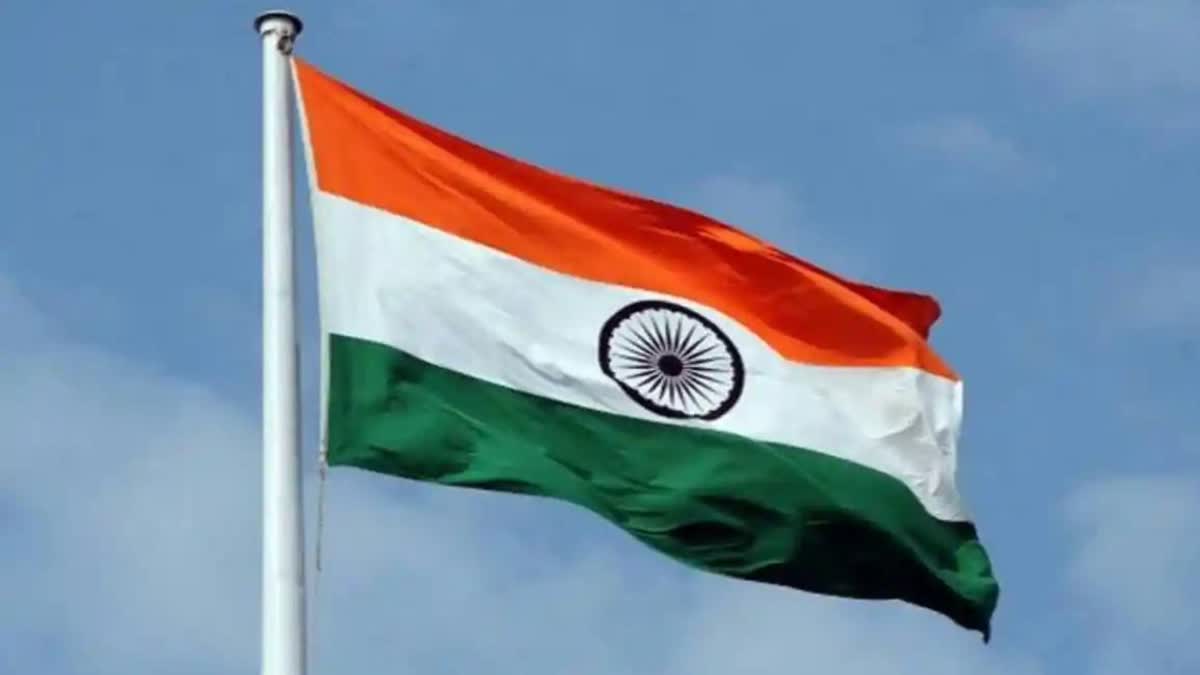New Delhi : India has a long history of contributing troops to UN peacekeeping missions. It's one of the largest contributors, having participated in over 50 missions since 1950, with more than 200,000 troops deployed. Indian peacekeepers are known for their professionalism and have been involved in various operations worldwide, including in places like Congo, Lebanon, and Sudan.
ETV Bharat explores as to what is the selection process for Indian army personnel in UN peace keeping force.
Eligibility Criteria: Soldiers must meet certain criteria set by the Indian Army and the United Nations, including age, rank, physical fitness, and medical standards.
Nomination: Soldiers are nominated by their respective units or commands based on their performance, experience, and suitability for peacekeeping duties.
Screening: Nominated candidates undergo a thorough screening process, which includes reviewing their service records, performance evaluations, and medical history.
Training: Selected candidates undergo specialized training in peacekeeping operations, which includes courses on conflict resolution, international humanitarian law, cultural sensitivity, and mission-specific skills.
Deployment: After successfully completing the training, soldiers are deployed to the designated UN peacekeeping mission, where they serve alongside troops from other contributing countries to help maintain peace and security in conflict-affected areas.
Throughout the selection process, emphasis is placed on ensuring that candidates possess the necessary skills, knowledge, and professionalism to effectively contribute to the goals of the UN peacekeeping mission.
In addition to military personnel, UN peacekeeping forces often include civilian police officers, experts in various fields such as human rights, rule of law, and political affairs, as well as volunteers and staff from non-governmental organizations (NGOs) who contribute to humanitarian efforts.
What is UN peacekeeping: UN Peacekeeping is a vital tool employed by the United Nations to help countries navigate the path from conflict to peace. It involves the deployment of military, police, and civilian personnel to regions affected by conflicts or political instability.
The primary objective of UN Peacekeeping is to facilitate peace and security, protect civilians, and support the restoration of stable governance structures.
It brings together the UN General Assembly, the UN Security Council, the Secretariat, troop and police contributors and the host governments in a combined effort to maintain international peace and security.
The first UN peacekeeping mission was established in May 1948, when the UN Security Council authorized the deployment of UN military observers to the Middle East to form the United Nations Truce Supervision Organization (UNTSO) to monitor the Armistice Agreement between Israel and its Arab neighbours.
India's contribution to UN peacekeeping force: India has a long-standing commitment to United Nations peacekeeping efforts, dating back to its participation in the first UN peacekeeping mission in 1950. India consistently ranks among the top contributors of troops and police personnel to UN peacekeeping missions. Indian peacekeepers serve in various capacities, including infantry units, medical teams, engineering units, aviation detachments, and specialized units.
It is pertinent to note that Indian peacekeepers have been deployed to some of the most challenging and volatile regions around the world, including countries like Congo, South Sudan, Lebanon, Haiti, and Cyprus. They operate in complex environments, often facing threats from armed groups, political instability, and humanitarian crises.
India contributes specialized capabilities to UN peacekeeping missions, including engineering units for construction and infrastructure development, medical teams for providing healthcare to local populations, and aviation units for air support and logistical operations.
Most importantly, Indian peacekeeping contingents prioritize gender equality and women's empowerment initiatives within their missions. They promote the participation of women in peacebuilding efforts, provide gender-sensitive assistance to survivors of conflict-related violence, and support initiatives aimed at addressing gender-based discrimination and inequality.
Overall, India's commitment to UN peacekeeping reflects its dedication to maintaining international peace and security, promoting humanitarian values, and contributing to global efforts to resolve conflicts and build sustainable peace in conflict-affected regions.


